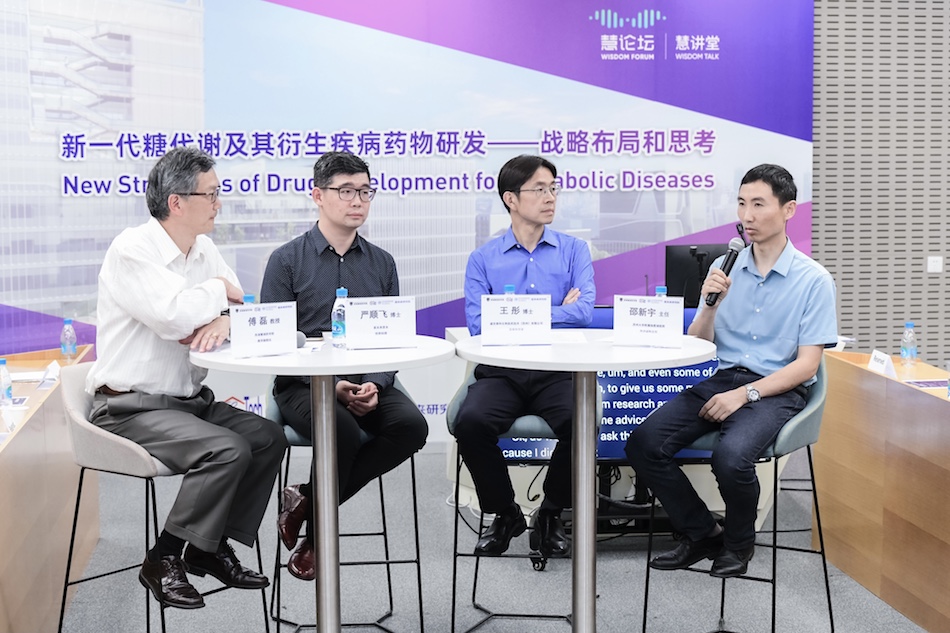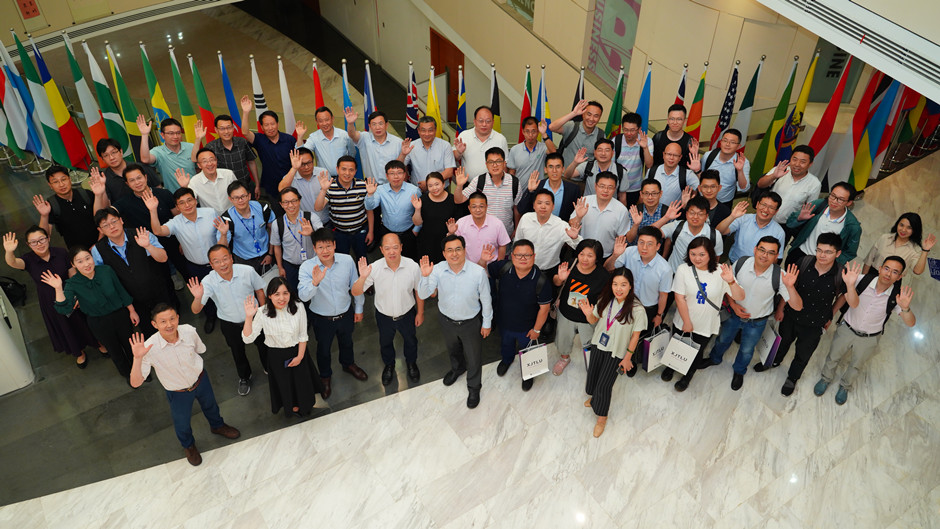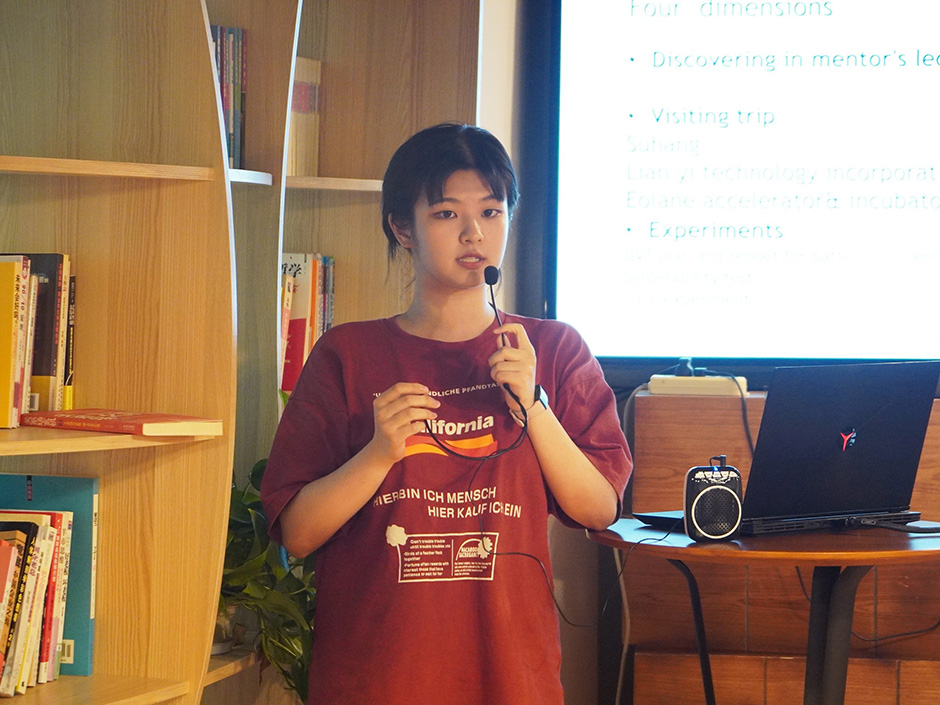09 Nov 2021
The latest Five Year Plan’s push to strengthen partnerships between higher education and industry will further innovation, say representatives of Xi’an Jiaotong-Liverpool University (XJTLU).
According to XJTLU leaders, China’s newest Five-Year Plan provides insight into the future of higher education in China. Kicked off this year, this is the 14th of these strategic plans the Chinese central government has issued since 1953 to guide the country’s social and economic development.
“The 14th Five-Year plan will significantly impact the higher education sector. It indicates future directions, key topics, strategic measures, policies, and regulations,” says Professor Youmin Xi, Executive President of XJTLU.
The plan emphasises strengthening the country’s capacity to innovate. As part of that strategy, it recommends increased partnership between industry and higher education. This move builds on prior successes, says Professor Stuart Perrin, also of XJTLU.
“China is at the cutting edge of innovation, and its economy is leading the world’s recovery post-pandemic,” he says. “One reason for China taking the world stage is the high level of cooperation between innovation-driven industry and higher education.”
As the Associate Principal of XJTLU Entrepreneur College (Taicang), Professor Perrin speaks from experience. The College is the product of a new education model XJTLU initiated more than four years ago – preceding the government’s new recommendations – that features industry partnerships at its heart.

Paradigm shift response
The University introduced this model with an eye toward educating tomorrow’s industrial leaders who can thrive in an era driven by AI- and robotic-enabled innovations, explains Professor Xi.
"We are living in a connected, digitalised world, which has resulted in a paradigm shift. Education must reflect these changes. Future leaders will need to draw on a combination of both academic knowledge and a full understanding of their specific industry,” he says.
“By combining academic knowledge with management and entrepreneurial training, we have created a new, customised system to cultivate high-end and global-minded talents with on-the-ground experience.”
Professor Xi says he is not surprised XJTLU’s industry partnership development precedes the recent government emphasis.
“We are a future-oriented educator. We are a pioneer, an explorer, a re-shaper. We pay attention to future development trends and future development needs because that is the right direction. We are not a mainstream university in China, which is why we have room to explore and can move quickly.”
Both Chinese and international graduates benefit
XJTLU Entrepreneur College (Taicang) industry-focused academic programmes’ strong partnerships with well-known domestic and international companies provide advantages to students from China and beyond.
“Industry worldwide is pursuing technology innovation and transformation, which echoes the development background of XJTLU Entrepreneur College (Taicang). We are nurturing graduates who are international and industry elites, prepared for career development and postgraduate studies in the global industry,” says Professor Perrin.
The College’s future-oriented programmes benefit not only Chinese but also international students, he says.
“Our graduates’ knowledge and skills will underpin the advancement and further innovation of industry within China and beyond, as well as influencing the future of industry and policymaking.
“Entrepreneurial minors teach students the skills that will enable them to help stimulate their home economies once they graduate. In addition, both domestic and international students get valuable experience working within Chinese industry giants like Sugon and Alicloud during internships. These experiences forge links and networks that will prove to be mutually beneficial for years to come.”
Part of a bigger picture
Dr Xiaojun Zhang, Executive Dean of XJTLU’s Academy of Future Education, says the Five-Year Plan’s recommendations for education are part of something larger.
“China has been pursuing a systematic reform in higher education since 2018,” he says. “The old education model can no longer meet society’s requirements for modern talents. Education reform is necessary and inevitable.”
The leaders gave their remarks in advance of the XJTLU Communications and Media Reception 2021, set for 10 November at the University.
By Huan Zhu
Editorial support by Xinmin Han and Patricia Pieterse
Edited by Tamara Kaup
09 Nov 2021
RELATED NEWS

Scientists, doctors and investors discuss drug development for diabetes
Scientists, clinical practitioners and investors shared their expertise on clinical challenges and the future of drug development in the latest Wisdom Talk, ...
Learn more

More than 50 industry mentors sign on with XJTLU-JITRI Academy
Research partners and business professionals recently came together at an appointment ceremony to celebrate their mentoring roles with the XJTLU-JITRI Academ...
Learn more

Students deep dive into career readiness
“How did you spend your summer holiday?” During back-to-school time, this is a common question students hear. Most students enrolled at Xi’an J...
Learn more








